
There are significant financial and psychological burdens of abortion care in the US, especially for those traveling out of state due to local restrictions in the increasingly restrictive post-Dobbs landscape.

There are significant financial and psychological burdens of abortion care in the US, especially for those traveling out of state due to local restrictions in the increasingly restrictive post-Dobbs landscape.

The health policy implications and ballot measures in the wake of the presidential election, new trends in physician compensation, lessons from the Medicaid unwinding, disparities in cancer mortality, and privately negotiated hospital fees.
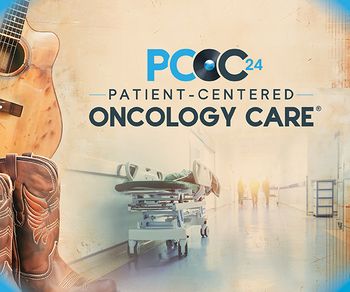
The Quadruple Aim—a framework originally rooted in improving patient experience, enhancing population health, and achieving cost savings—has evolved to include a fourth dimension: provider well-being.

Medicaid and CHIP enrollment surged from 71 million in February 2020 to 94 million by April 2023. However, with the pandemic emergency ending in May 2023, states resumed eligibility reviews, initiating a process termed “unwinding.”

The future of hemophilia care lies not only in technological advancements but also in the pursuit of health equity, ensuring that all patients have access to effective, affordable treatments.

Results demonstrated the mean total medical costs per patient per year decreased significantly after patients began semaglutide treatment.

Former President Donald J. Trump’s return to the White House portends a significant shakeup of health policy.

Although polycythemia vera management remains focused on reducing the risk of thrombotic events, there is growing recognition of the need to address the persistent decline in quality of life experienced by many patients.

As presidential candidates Kamala Harris and Donald Trump diverge on health care reform paths, contrasting futures hinge on the outcome of the presidential election.

This week’s Center on Health Equity & Access highlights emphasize the role of social determinants of health in policy-making and underscore the importance of addressing rising costs and challenges employers face.

As health care costs escalate, a new survey reveals that 74% of employers are grappling with the impact on employee wages and benefits, with many anticipating further cost-shifting to their workforce.
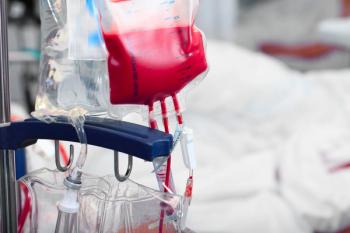
Patients with transfusion-dependent β-thalassemia experienced 14.8 hospitalizations annually, according to the findings.

The machine learning model shows promise in detecting paroxysmal nocturnal hemoglobinuria (PNH) by assessing electronic health records (EHR) data, potentially transforming the diagnostic landscape for rare diseases.

Prompt care supports mental well-being, as hidradenitis suppurativa is often associated with depression and anxiety due to its physical and social challenges.

Cost avoidance varied by clinical setting, with the largest savings occurring in hematology clinics ($73,773), followed by rheumatology ($45,330) and pediatric gastrointestinal/irritable bowel syndrome ($16,519).

The Center on Health Equity & Access focuses on addressing disparities in health care access, exploring innovative solutions, policies, and research to improve health equity across diverse populations.

The Dobbs decision was associated with a 7% absolute increase in overall infant mortality—equivalent to 247 excess deaths—and a 10% increase among infants with congenital anomalies, corresponding to 204 additional deaths.

Etonogestrel-releasing contraceptive implants in women with sickle cell disease significantly reduced pain intensity and frequency of pain crises over 12 months, with no adverse changes in metabolic or liver function markers.

While some adversities, like peer aggression, lead to worsening mental health, others, such as community threat, may result in adaptive suppression of symptoms.

Medicaid, Medicare, and private insurance programs all showed significant variability in expenditures based on social and nonclinical factors.

The Center on Health Equity & Access focuses on addressing disparities in health care access, exploring innovative solutions, policies, and research to improve health equity across diverse populations.

New findings show that undocumented Latinx immigrants, who make up 7% of the US population, face significant challenges in accessing health care due to uninsurance, limited access to care, language barriers, and fears surrounding their immigration status.

Despite advancements in umbilical cord blood transplants, social determinants of health, such as poverty and public insurance, continue to impact outcomes, underscoring the need for equitable access to lifesaving treatments.
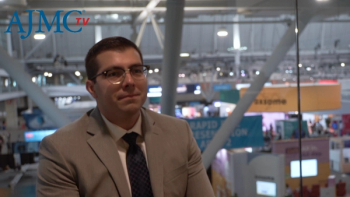
At CHEST 2024, Cesar Davila-Chapa, MD, University of Nebraska Medical Center, brings awareness to the racial disparities demonstrated in his investigation of idiopathic pulmonary fibrosis (IPF) hospitalizations and outcomes.

The progress made to mitigate the opioid use crisis still pales in comparison with the crucial effort needed to address it, especially in regard to accessing medication.

One of the key highlights was the discussion of Pulmonary Embolism Response Teams (PERT), addressing controversies in PE management and focusing on personalized, patient-centered care.
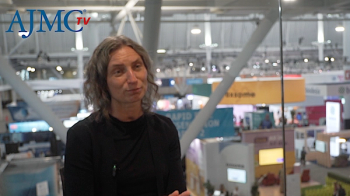
During CHEST 2024, Maxine Dexter, MD, Kaiser Permanente, discussed her belief in the vital role of physicians in public health advocacy, drawing from her legislative work on issues as a former Oregon State Representative.
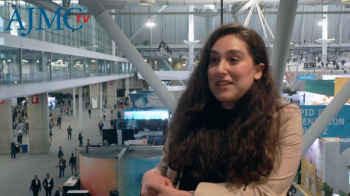
CHEST 2024 late-breaking data showcased the potential of AI-based systems in diagnosing and managing pulmonary embolism.
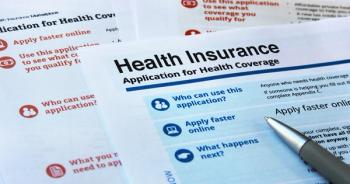
According to KFF’s annual Employer Health Benefits Survey, the average premium for family coverage now stands at $25,572, with workers contributing an average of $6296 annually.

Research from the Heart Failure Society of America Annual Scientific Meeting evaluated remote physiological monitoring for treating systolic heart failure (HF), as well as the impact of a heart transplant allocation system on urban and rural communities.

259 Prospect Plains Rd, Bldg H
Cranbury, NJ 08512
© 2025 MJH Life Sciences®
All rights reserved.
